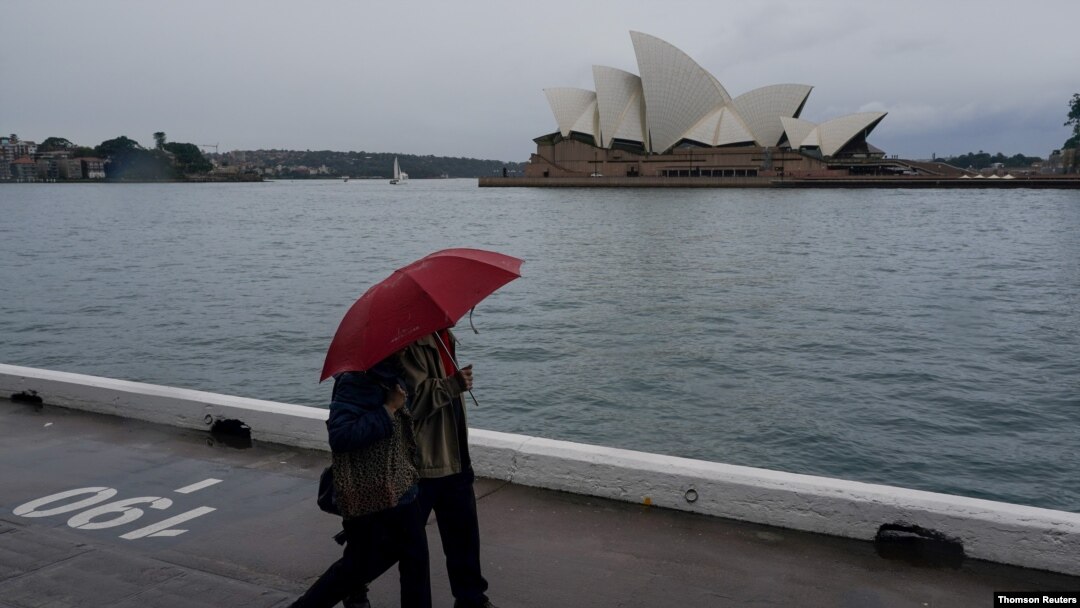Australians express deep mistrust of China’s government but want their own government to build better relations with Beijing, according to a new survey.
The study, by the University of Technology Sydney, or UTS, was compiled this year amid rising trade and security tensions between Australia and its biggest trading partner, China.
The authors have said it is the most comprehensive survey of public opinion on the Australia-China relationship to date. They note that the political relationship “has been enduring significant difficulties since 2017.”
The results highlighted the complex nature of bilateral ties. Sixty-one percent of Australians want a stronger relationship with China, yet an overwhelming majority — more than three-quarters — expressed mistrust of the Chinese government.
A majority of respondents — more than 60% — said their opinion on China “has become more negative following the start of the COVID-19 pandemic.”
“While Australians are clearly significantly concerned about both the downward spiral in relations and China’s assertiveness, they are not yet willing to give up on the relationship entirely,” said Elena Collinson, a senior researcher at the UTS.
“And to that point Australians have refrained from putting the onus on one side to better relations, with an emphatic majority — 80% of the public — saying they believe that the responsibility for improving the current frostiness lies with both the Australian and Chinese governments.”
Relations between Australia and China have been affected by a range of political, trade and foreign policy disputes. Beijing’s military expansion in the South China Sea and the treatment of pro-democracy activists in Hong Kong are two sources of disagreement. Allegations of cyberespionage and interference in Australia’s domestic affairs have also caused friction, as did Australia’s decision to ban the Chinese tech giant Huawei from its 5G network.
Last year, Australia called for a global inquiry into the origins of the new coronavirus, which was first detected in China in late 2019. This caused immense damage to the relationship, since Beijing interpreted Australia’s demand as criticism of its handling of the pandemic.
Seventy-two percent of respondents to the UTS poll agreed with the statement that “the Australian government was right to publicly call for an international investigation into the origins of COVID-19.”
Beijing responded to mounting diplomatic friction with a range of tariffs on some Australian farm exports and coal. Officials have accused Australia in the past of peddling “anti-China” hysteria.
The UTS survey sampled the views of 2,000 Australians in March and April.


